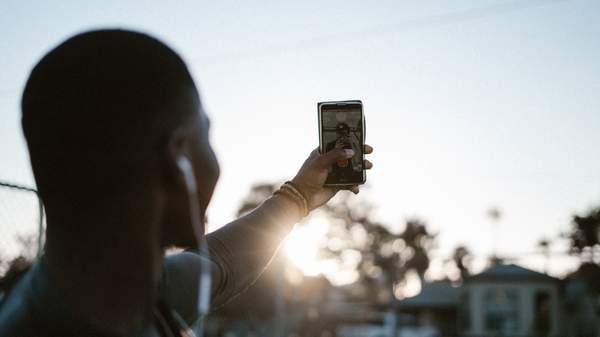Overview
Chances are, you've got a fondness for taking the odd selfie snap, but would you consider it a mental condition? A recent study by Nottingham Trent University psychologists Mark D. Griffiths and Janarthanan Balakrishnan has explored the idea of 'selfitis' — that is, a disorder that's diagnosed as obsessive selfie taking.
After the term first appeared in a series of hoax news stories back in 2014, the pair decided to put it to the test with some actual empirical research. They interviewed 400 Indian university students about their selfie behaviours, asking questions like 'what compels you to take selfies?', and discussing affecting factors like social competition and mood modification.
According to the research, titled An Exploratory Study of Selfitis and the Developmentof the Selfitis Behavior Scale, there are three different levels of the disorder. Borderline sufferers are those snapping at least three selfies a day without posting them on social media, acute sufferers would be taking at least three selfies and sharing them, and those with a chronic level of the disorder have an "uncontrollable urge to take photos of one's self around the clock" and post more than six times a day.
Others in the field of psychology are yet to be convinced selfitis is a real thing, though Balakrishnan told Business Insider Australia he hopes their study will pave the way for a deeper look into the disorder.
"Now the existence of the condition appears to have been confirmed, it is hoped that further research will be carried out to understand more about how and why people develop this potentially obsessive behaviour, and what can be done to help people who are the most affected," he said.
While there's no doubt that body image, anxiety and other issues can be exacerbated by social media, we'll wait to see some corroborating studied before we start slinging the term around.
